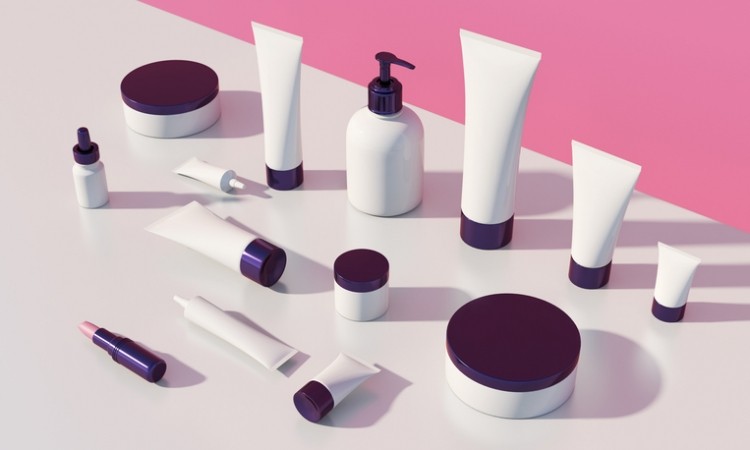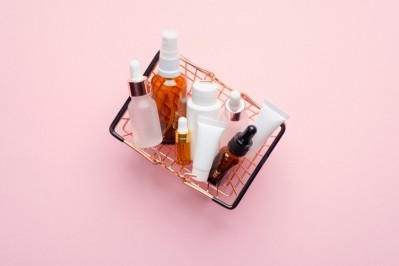Under the lens Part I: REACH microplastics restriction
Industry poised to continue fight against ‘extremely disproportionate’ EU microplastics restriction

The industry association will bring forward its arguments, along with additional data and information, in an upcoming 60-day consultation period following the move by ECHA’s Committee for Risk Assessment (RAC) to adopt an opinion in support of ECHA’s proposal filed in January 2019 to restrict use in products on the EU/EEA market in concentrations of more than 0.01% weight by weight.
For beauty and personal care, such a restriction on microplastics would be governed under ECHA’s Registration, Evaluation, Authorisation of Chemicals (REACH) Regulation, though some solid synthetic polymers would be exempt, namely film-forming polymers, binders and swellers, with labelling requirements.
REACH microplastics restriction expected by early 2022
The move by RAC last week adopting its opinion in support of the ECHA proposal would soon be followed by the draft opinion of ECHA’s Committee for Socio-economic Analysis (SEAC). For now, SEAC has agreed but not published its draft opinion, set to support the wide scope and transition periods given for companies to prepare for a microplastics restriction.
A 60-day consultation process would then begin as soon as the SEAC draft opinion has been published.
The consolidated opinion of both committees was expected to be ready by the end of 2020 and would be taken in by the European Commission and all EU Member States to be scrutinised by the Council and European Parliament ahead of being written into European law.
A REACH restriction on microplastics was now anticipated to come into force in early 2022 – later than the initially anticipated 2021 date.
Proposed microplastics restriction ‘extremely disproportionate’
Speaking to CosmeticsDesign-Europe about the RAC backing and next steps, John Chave, director-general of trade association Cosmetics Europe, said during the upcoming 60-day consultation period the association would argue “very, very strongly that the restriction in its original form is extremely disproportionate in its effects”.
The current proposal from ECHA suggested cosmetics and personal care formulations contributed 2% of the microplastics set to be controlled by this measure yet said this category would bear 79% of total costs associated with the restriction across all industries. A large majority (95%) of these costs, across all industries, would be on reformulation; 90% of which would fall on the cosmetics sector.
“This is disproportionate,” Chave said. “You cannot load all of the cost on the products which are causing hardly any of the problem. We’ve been very disappointed. There’s an absolutism in the approach of ECHA which is difficult to combat but also a complete misunderstanding of the pleasure and satisfaction that cosmetic consumers derive from their products.”
“It’s been suggested by some that all we need to do is ‘wind back the clock 20 years’ and use those products, but it’s difficult to say that about any other sector – you wouldn’t say that about automobiles,” he said.
Dr. Emma Meredith, director-general of the UK Cosmetic, Toiletry and Perfumery Association (CTPA), agreed and said there were “serious concerns” over the current proposal.
“As an industry we are committed to reducing our impact on the environment and have already voluntarily phased out plastic microbeads in rinse-off products. However, we are concerned that the European Chemicals Agency’s (ECHA) REACH Restriction proposal is not based on sound science and will fail to tackle the main pollutants; ECHA’s definition of microplastic incorporates a huge spectrum of cosmetic ingredients which are not plastic and which have no evidence linking them to a risk of harm to human and animal health or the environment. The proposal will also disproportionately impact cosmetic products.”
European cosmetics industry will submit additional data
The CTPA was “very disappointed” with the RAC and SEAC backing of ECHA’s proposal, Meredith said, particularly given the “extremely detrimental impact” such a restriction would have on what products industry could provide consumers for reformulations that had a “negligible benefit to the environment”.
Meredith said the European cosmetics industry had provided “significant information” throughout the consultation process and would submit additional data and information during the upcoming 60-day public consultation to “further emphasise these points – particularly on specific categories of leave-on products where evidence shows there is extremely limited potential for these products or their ingredients to reach the aquatic environment”.
Chave added that the European cosmetics industry would also dispute the 2% figure cited by ECHA relating to the cosmetic sector's contribution to microplastics, arguing it was, in fact, lower.
Meredith said: “Plastic pollution remains a significant issue and we need to look at the major sources of plastic if we are to make progress and ensure a tangible benefit to the environment – this has always been CTPA’s view."
Take a look at Part II of our REACH microplastics restriction coverage where Chave outlines the very clear 'best-case' and 'worst-case' scenarios for the cosmetics and personal care industry.










![Chinese study highlights mental health challenges in atopic dermatitis, emphasising holistic patient care. [Getty Images]](https://www.cosmeticsdesign-europe.com/var/wrbm_gb_food_pharma/storage/images/_aliases/wrbm_tiny/publications/cosmetics/cosmeticsdesign-asia.com/headlines/formulation-science/chinese-research-linking-atopic-dermatitis-to-mental-health-underscores-need-for-holistic-care/17040623-1-eng-GB/Chinese-research-linking-atopic-dermatitis-to-mental-health-underscores-need-for-holistic-care.jpg)








